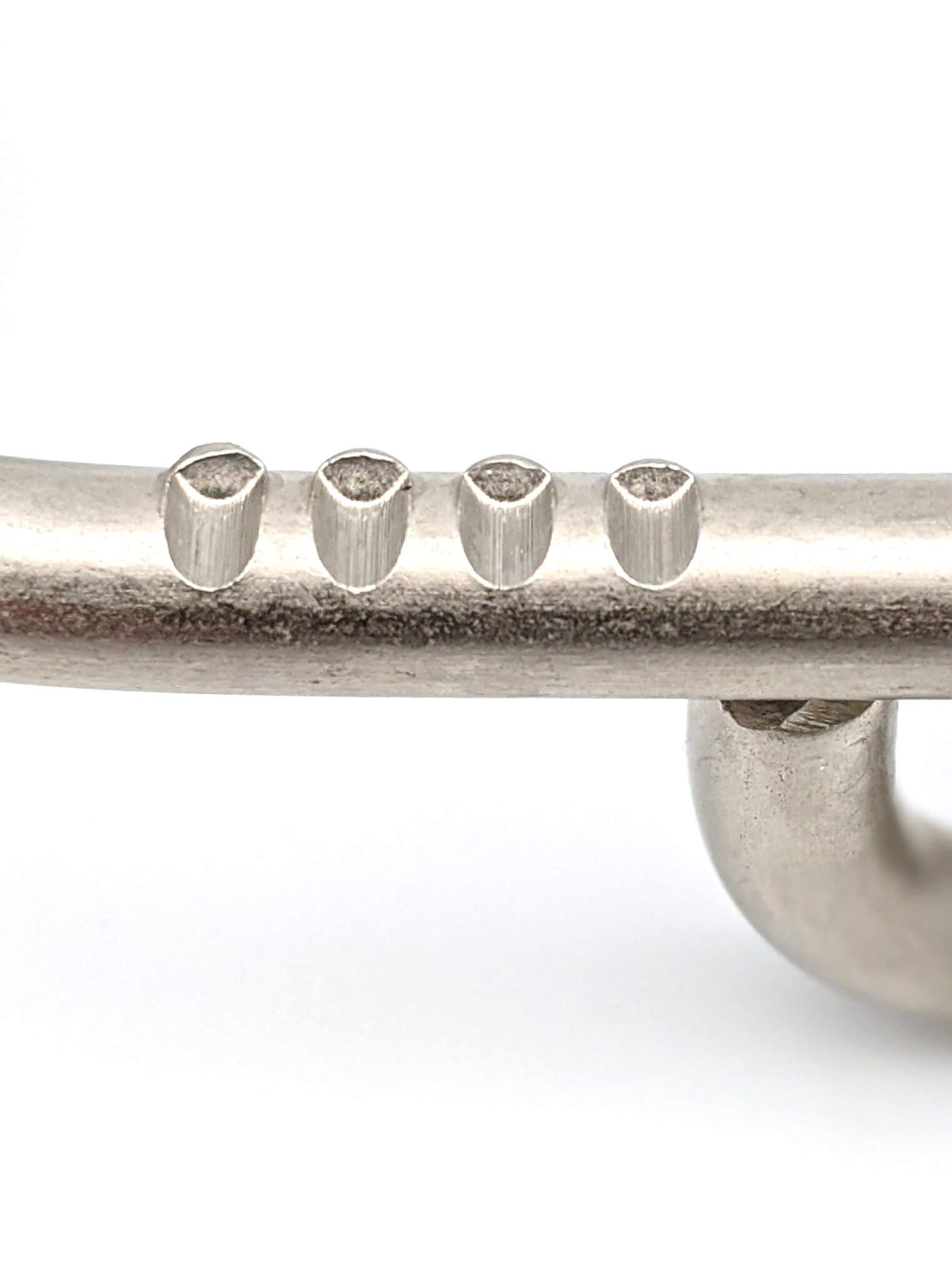Get unique, complex parts easily. No matter your requirements, Chaoyi Spring creates hard-to-produce coil springs and wire forms.
Let us help you create the custom wire form you need, from S-hooks and J-hooks to utility hooks and more.
We work closely with customers across a wide range of industries, helping them design and manufacture made-to-order parts.
Why choose Chaoyi Spring? We prioritize customer-focused collaboration, modern equipment and the latest technology to make your parts per print.
Find the information and guidance you need, from measuring a spring to learning about materials, placing an order and much more.
When it comes to the smooth and reliable operation of your garage door, the springs play a crucial role. They counterbalance the weight of the door, making it easier to


When it comes to the smooth and reliable operation of your garage door, the springs play a crucial role. They counterbalance the weight of the door, making it easier to open and close. But there are two main types of springs used in garage doors: torsion springs and extension springs. Understanding the differences between these two types can help you make an informed decision about which one is best suited for your garage door. This article explores the key characteristics of each type of spring, their pros and cons, and factors to consider when choosing the right one for your needs.

Torsion springs are typically found on modern garage doors, particularly those with a double-door design. They're located above the door, usually in a metal tube, and are wound tightly. These springs offer a powerful solution for balancing the door's weight, allowing it to open and close effortlessly.
One of the biggest advantages of torsion springs is their longevity. They generally last much longer than extension springs, often up to 10 years or more, depending on usage and maintenance. They're also quite powerful, capable of handling heavier doors. This makes them a popular choice for doors with extra insulation or heavier materials. Another advantage of torsion springs is that they are safer than extension springs. Extension springs can be dangerous if they break, as they can whip around with tremendous force. Torsion springs, on the other hand, are contained within a drum and are less likely to cause injury if they fail.
Extension springs, on the other hand, are a more traditional type of spring used in garage doors. They are located on each side of the door, usually near the track, and are attached to the door frame and the door itself. They work by extending and contracting as the door is opened and closed. Extension springs are generally less expensive than torsion springs. They are also easier to install, as they don't require the same level of expertise as torsion springs. However, extension springs have some downsides. They are not as durable as torsion springs and typically need to be replaced every 5-7 years. They can also be dangerous if they break, as they can snap with considerable force.
Now, let's dive into the factors that can help you decide which type of spring is right for your garage door.
The weight and size of your garage door are major factors in determining the appropriate spring type. Heavier doors, especially those with insulation, require the power of torsion springs. If you have a lighter door, extension springs might be a suitable option.
Torsion springs typically require professional installation due to their complexity and the need for proper tensioning. Extension springs, while easier to install, still benefit from professional expertise to ensure safety and correct functioning.
Torsion springs are generally more expensive than extension springs. If you're on a tight budget, extension springs might be the more economical choice. However, consider the long-term cost, as torsion springs usually last longer and may save you money in the long run.
As mentioned earlier, torsion springs are generally considered safer than extension springs due to their enclosed design. If safety is a top priority, torsion springs offer more peace of mind.
Regardless of the type of spring you choose, regular maintenance is crucial for optimal performance and safety. Here are some essential tips for maintaining your garage door springs:
Never attempt to repair or replace garage door springs yourself unless you are a trained professional. Springs under tension can be incredibly dangerous and can cause serious injury if not handled correctly.
Choosing between torsion and extension springs for your garage door comes down to a balance of factors. Torsion springs offer superior durability, safety, and power, but come with a higher price tag. Extension springs are more affordable and easier to install but are less durable and pose a greater safety risk. By carefully evaluating your needs, budget, and the specific characteristics of your garage door, you can make the best decision for your situation. Remember, the key to keeping your garage door operating smoothly and safely is to prioritize regular maintenance and rely on expert services for any repairs or replacements.
Browse some of the custom wire forms and springs that we manufacture. Don’t see what you need? We specialize in made-to-order products that meet your application requirements.
Visit Our GalleryNeed a custom wire form or coil spring? We make it work. Fill out the contact form and a representative will respond within 1 business day. If you have a PDF or CAD file, you can submit to request a quote.